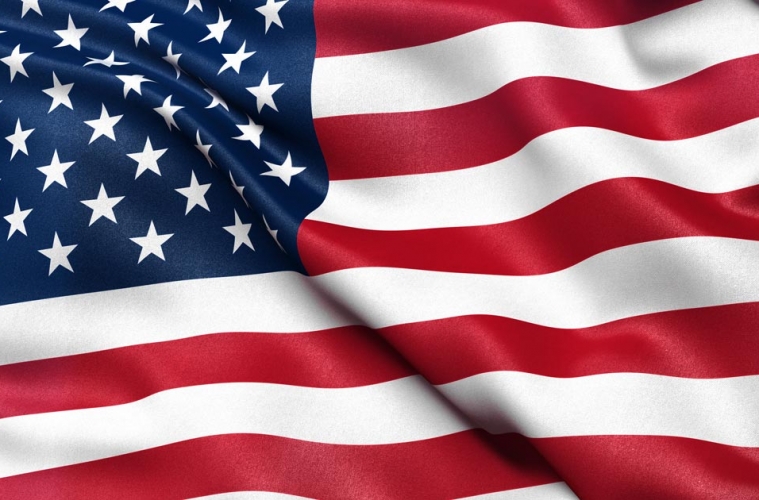Good morning,
GBP: Spring statement adds little
Most of the headlines were well briefed ahead of the fact, as is the custom nowadays, and the small increases in both growth and deficit reduction were roughly as expected. The Chancellor is a man of few surprises and he duly delivered no surprises and only a few bad jokes.
We were encouraged by news that the Business Rate Evaluation will be brought forward to 2021 but that is a long time to wait for a retail sector that is under a huge amount of pressure from constrained margins and lower consumer confidence – it means something beneficial on rates could be 3 years away.
This was a political statement, not an economic one, and market interest was focused elsewhere. GBP touched its highest level for a fortnight as Hammond revised up growth, although the move was more a function of the in-line US inflation number and the reaction to the sacking of Rex Tillerson than anything going on in the House of Commons.
The deadline for the Russian state to respond to Theresa May’s questions on the Salisbury poisonings and headlines from today’s national security council meeting will be watched carefully for news of events that could push investors away from sterling. We expect the subject to dominate PMQs this lunchtime.
USD: Trump tweets, dollar weeps
The USD came in for a hammering as the US woke up yesterday following the sacking of Secretary of State Rex Tillerson and a US inflation report that met, but failed to exceed, some fairly lofty expectations.
The dollar falls on high inflation and low inflation, good political news and bad political news, on risk in the US and risk elsewhere – the dollar and any gains that it is able to put together is not to be trusted at the moment.
Today’s retail sales data will be interesting and we expect a bounce back from January’s poor numbers. Whether that is enough to lift the USD will depend on the President’s Twitter account as much as how much American’s shopped in February.
CNY/H: Tariffs trumping data for now
Chinese data was once again mixed overnight. Industrial production output unexpectedly accelerated in the first two months of the year and rose 7.2% in January and February compared to last year while retail sales increased 9.7%.
The next step for the yuan however will come from the next shoe to drop on any likely Chinese or European response to the latest trade tariffs from the Trump administration. Reuters is reporting overnight that Trump is seeking to impose tariffs on up to $60bn of Chinese imports and will target the technology and telecommunications sectors next.
Have a great day
Jeremy Cook, Chief Economist


